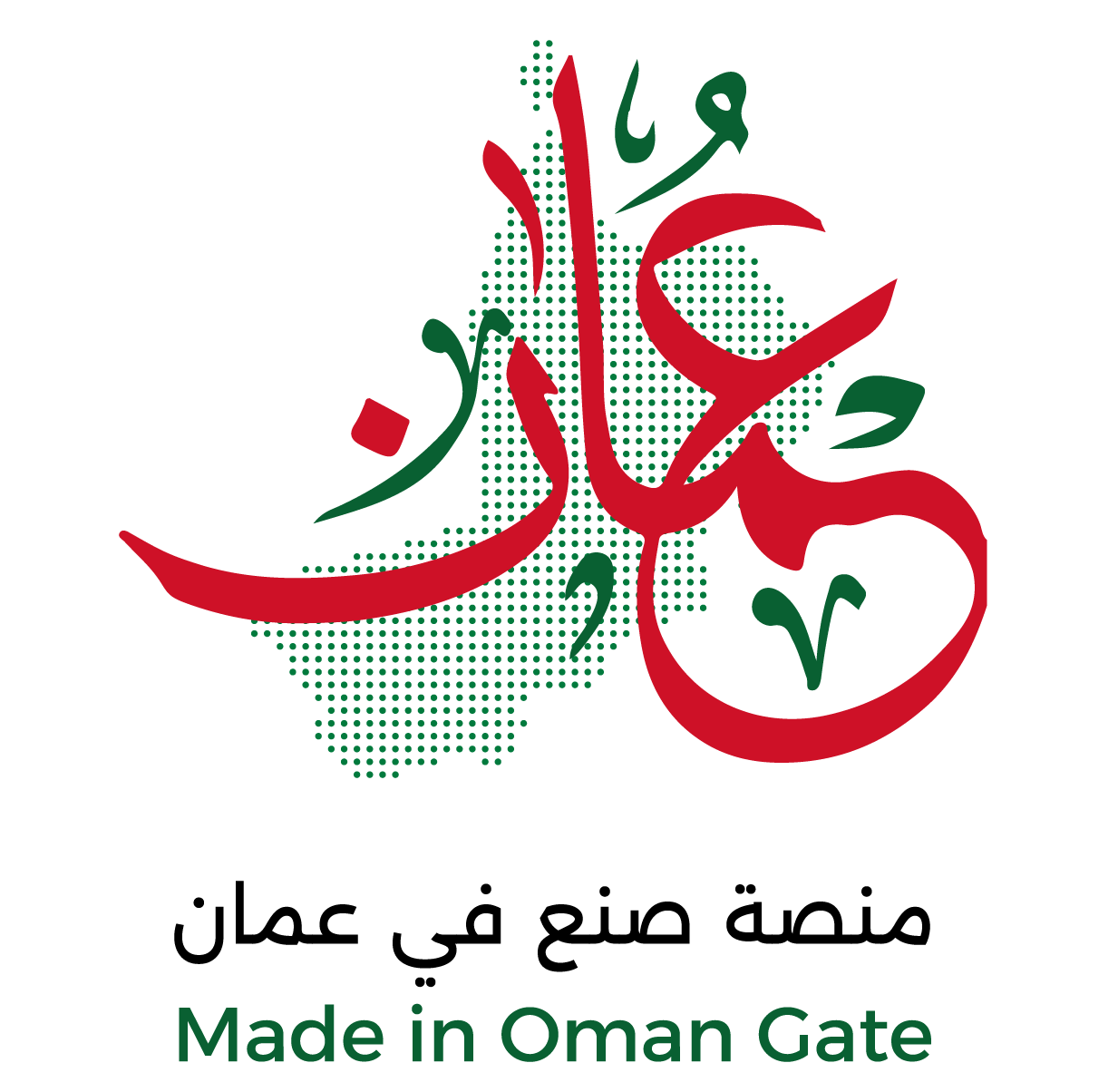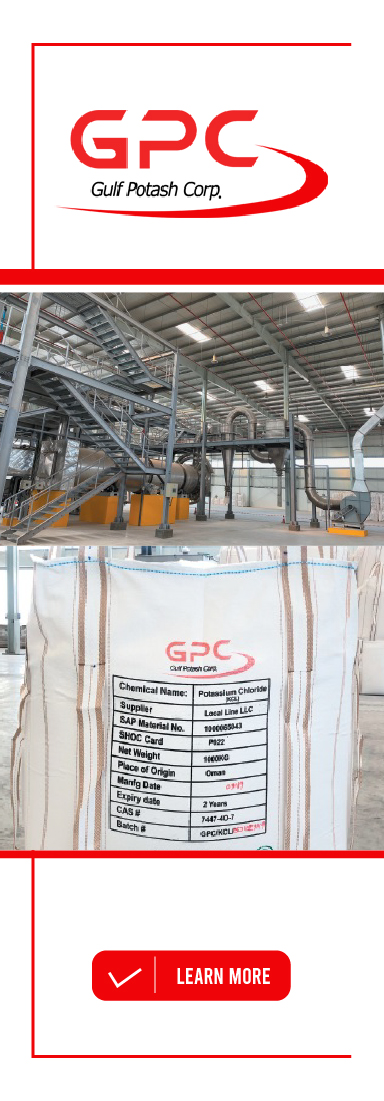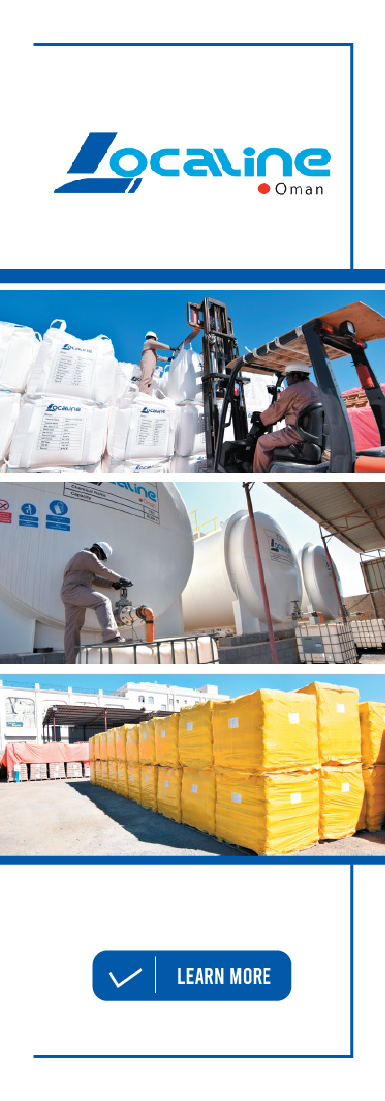اخر الاخبار
التصنيف الصناعي
القطاعات المساندة
Total Custom Code 32826
القطاعات
Total Category 25
موردون سلطنة عمان
15245
الشركاء الاستراتيجين
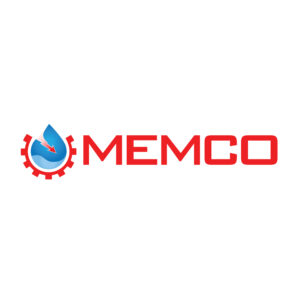
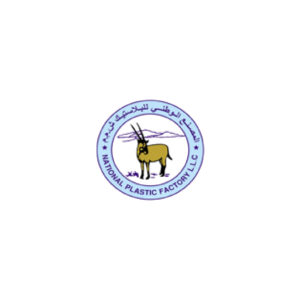

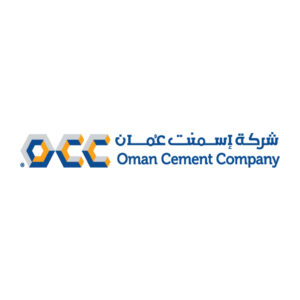


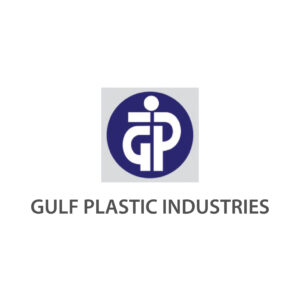
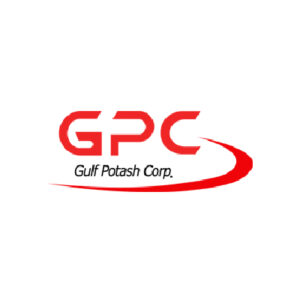
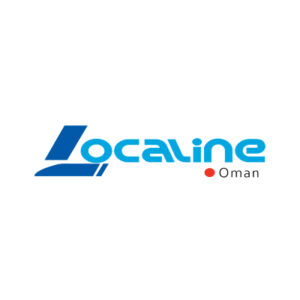
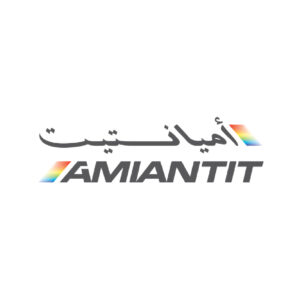
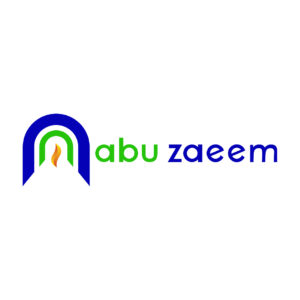

Made in Oman Gate | منصة صنع في عمان
Launched in 2020, the Made in Oman Gate is a premier national initiative dedicated to promoting the Sultanate’s industrial excellence. The platform serves as a strategic digital gateway to support the growth of Omani exports and re-exports to global markets, fostering sustainable economic development.Empowering Omani Industry
The platform acts as a vital link between Omani manufacturers and the global marketplace. By showcasing high-quality national products, it helps local businesses expand their reach and contributes significantly to the objectives of Oman Vision 2040.
Connecting Global Buyers with Quality
Made in Oman Gate assists international distributors, representative offices, and sales outlets in identifying national factories that meet the highest standards of quality. This ensures that Omani-made goods are recognized for their excellence and reliability worldwide.
Advanced Business Intelligence
Beyond product listings, the platform provides comprehensive business intelligence. Users can access detailed reports on supply orders and stay updated on both public and private tenders, providing Omani companies with a competitive edge in securing new contracts.
Verified Supplier Network
The Gate maintains a curated and vetted list of approved suppliers within the Sultanate. This serves as a trusted resource for international partners looking to build long-term business relationships with reliable Omani manufacturers.
Driving Economic Diversification
By focusing on non-oil industrial sectors, the Made in Oman Gate plays a pivotal role in the Sultanate’s economic diversification strategy. It encourages investment in local manufacturing and ensures that Omani products remain the first choice for consumers and businesses alike.
الخلاصة
Made in Oman Gate is more than just a digital directory; it is a catalyst for trade and a symbol of Omani industrial pride. As it grows, it continues to strengthen the Sultanate’s position as a rising industrial hub on the global stage.
سجل شركتك بالمنصة
المنصة الوطنية والإقليمية لترويج المنتجات الوطنية في سلطنة عمان ودول مجلس التعاون الخليجي
الغرف الاعضاء بدول المجلس






